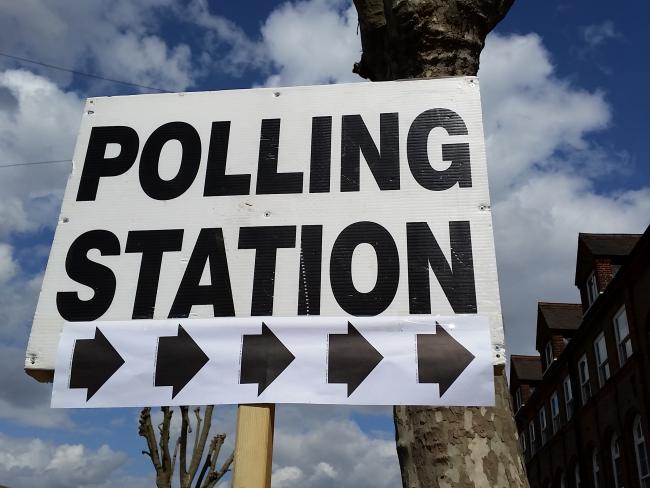On 16 January 2024 the eligibility of overseas voters in UK elections will change dramatically – allowing those who don’t live in Britain to influence what happens here.
The government estimates this will mean around 3.5 million British nationals living overseas will now be eligible to register to vote in future UK national elections and referendums. This creates significant interference in British matters by people who have chosen to live abroad.
Until now overseas voters could be registered in the constituency where they voted before leaving Britain. Registration had to be renewed annually for up to 15 years. And those who left more than 15 years ago were ineligible to register.
Votes for life
The new legislation will remove the 15-year limit: it is being called the “votes for life” policy. And the government will actively encourage registration.
Before 2015 the number of voters registered to vote had never risen above 35,000. During the 2016 referendum on leaving the EU, participation of overseas voters grew. By the 2017 general election there were 285,000 overseas voters registered.
Donations
The “votes for life” policy will also significantly change who can make donations to political parties. The Political Parties, Elections and Referendums Act 2000 aimed to prevent foreign donations being made to political parties.
Registered electors are allowed to make donations. This means overseas electors who may not have lived in the UK for decades will now be allowed to donate money to political parties, candidates and other “regulated political campaigners” such as the Remain and Leave organisations in the 2016 referendum.
There is also the risk of fraud. An overseas voter unable to provide a national insurance number will still be able to provide an attestation – a signed written statement from another overseas voter that confirms the applicant’s identity.
• An edited version of this article appears in Workers January/February 2024 edition.

